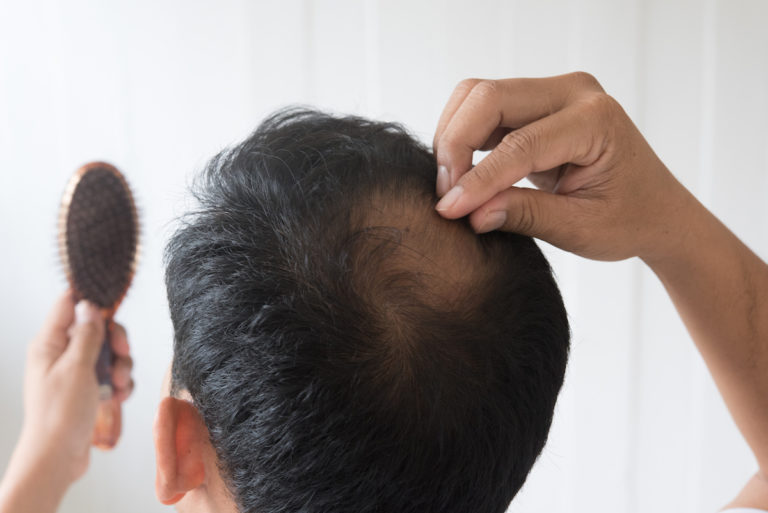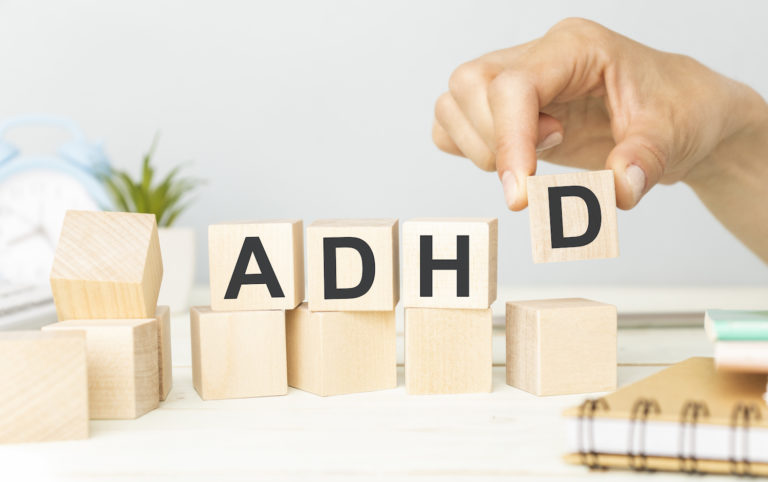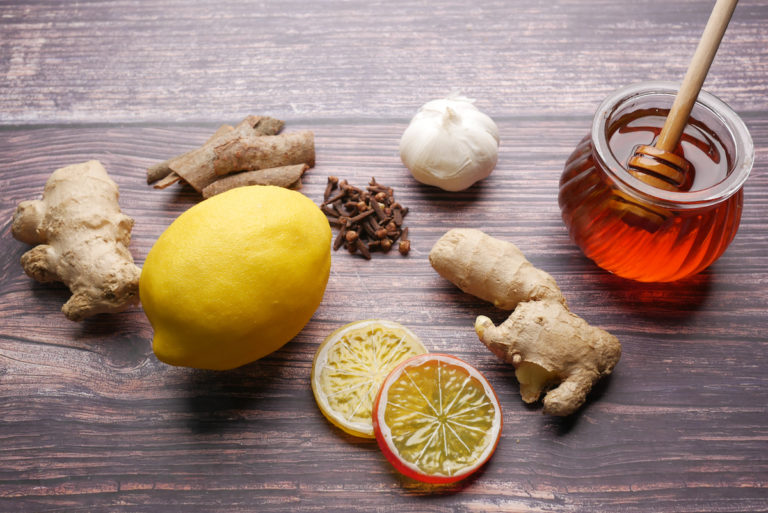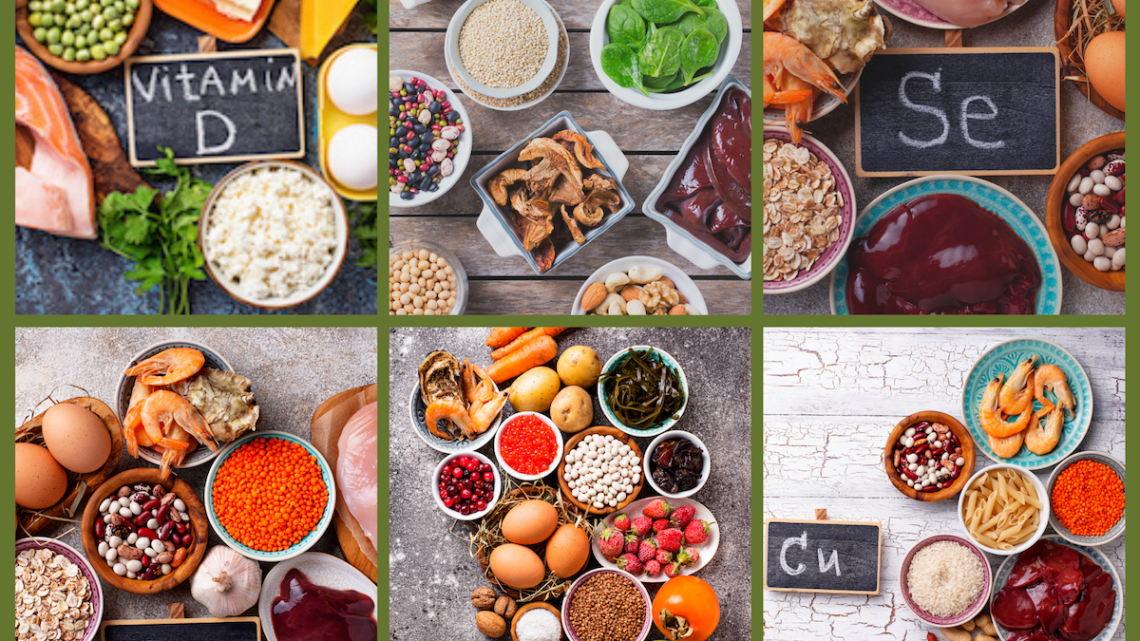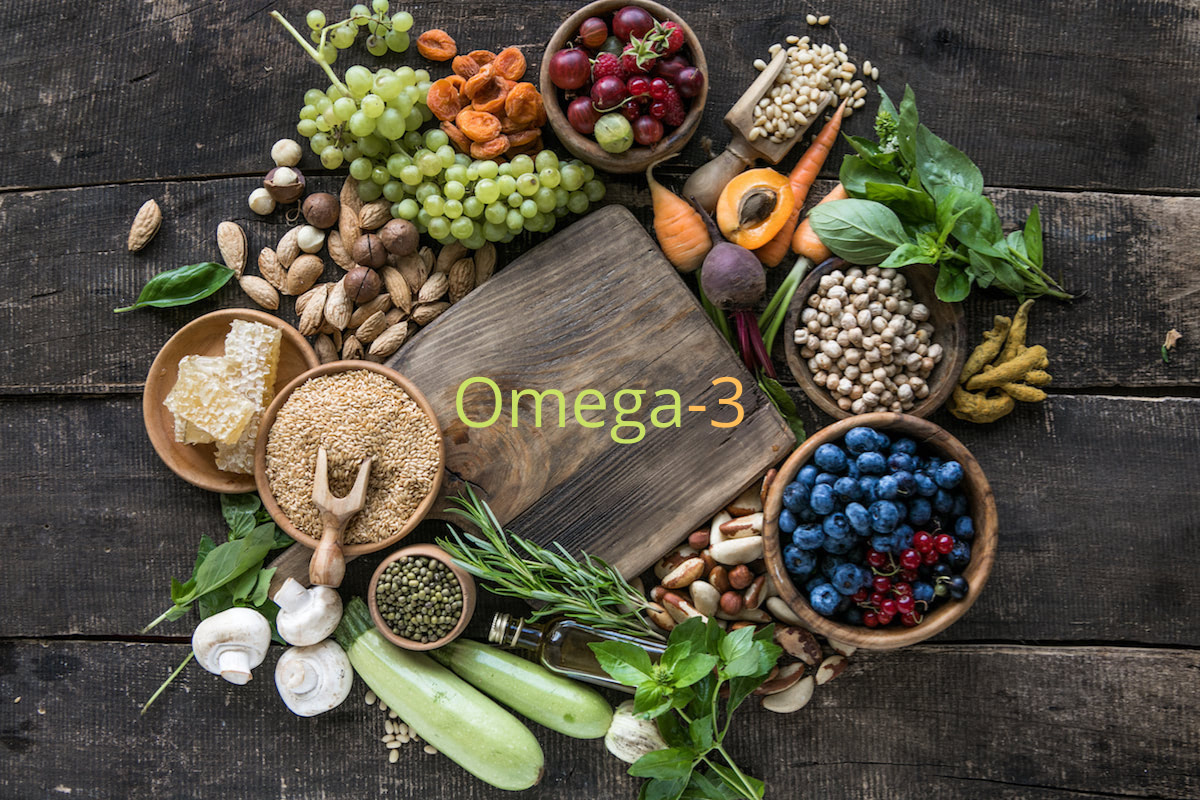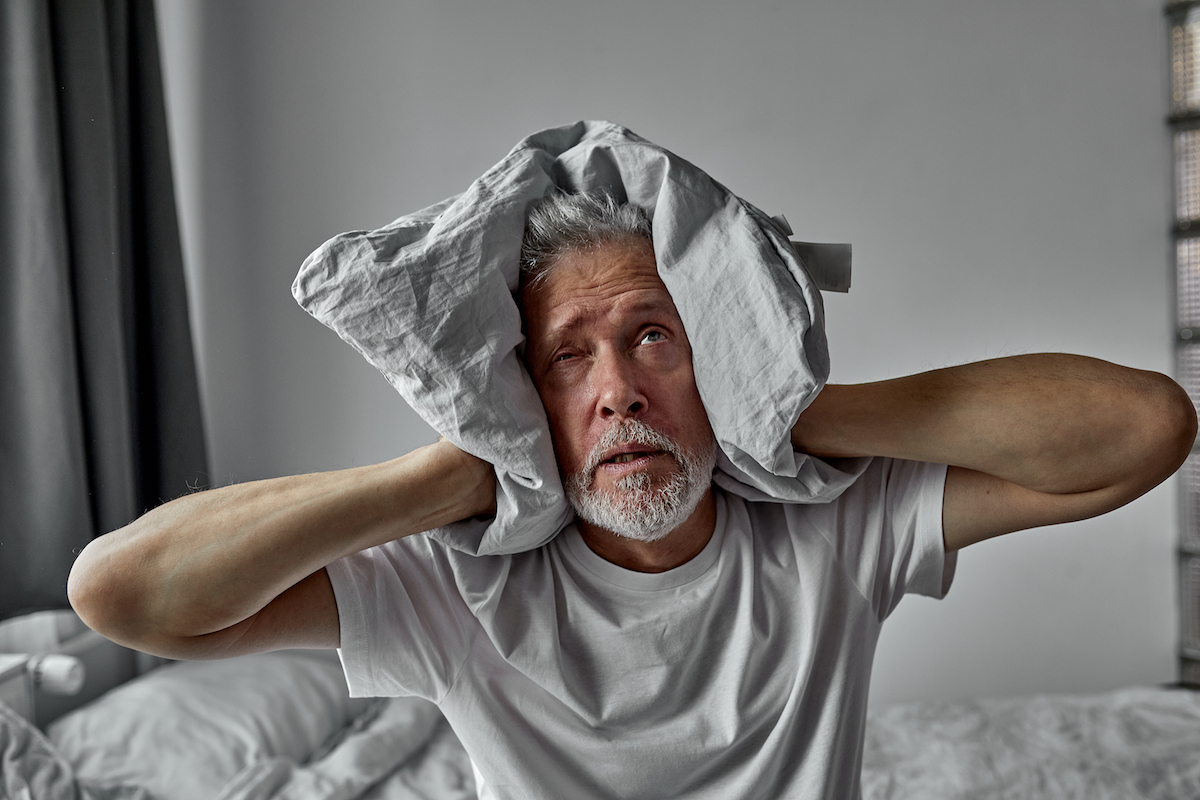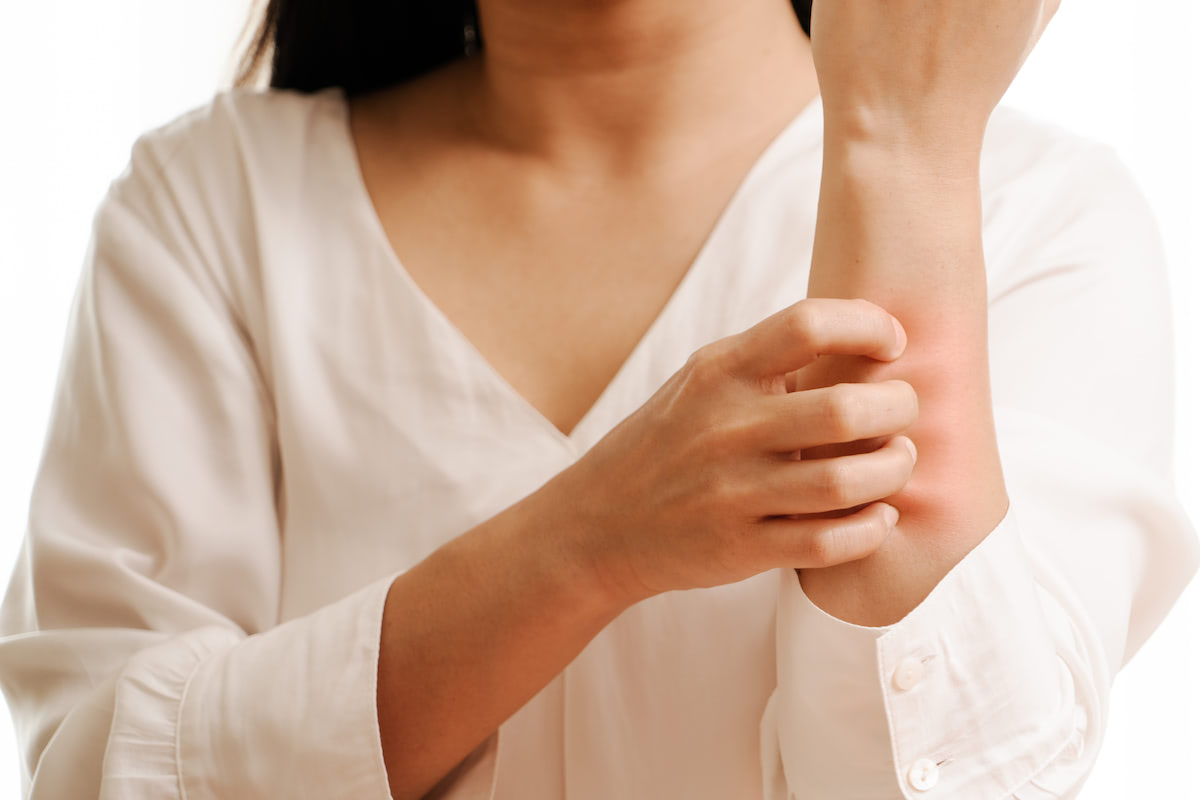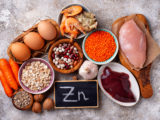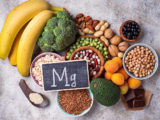Updated on 14. November 2021 from ÁYIO-Q Redaktion
Reading time: approx. 5 minutes
Vitamins, minerals and trace elements are important for our body to produce thyroid hormones. In the third part of the series of articles on thyroid diseases, we will take a closer look at the tasks of micronutrients and the effects of an undersupply on our thyroid gland.
Minerals and vitamins fulfil essential tasks in the production of thyroid hormones
An adequate supply of selenium as well as an optimal intake of iodine, copper and iron are important prerequisites for a healthy and functional thyroid gland in children, adolescents and adults. Only then is our body able to produce the hormones T3 and T4 in sufficient quantities.1,2
Zinc and selenium play a central role in the conversion of T4 to T3 as well as the production of free T3 (fT3). Thus, an undersupply of selenium can worsen the effects of an iodine deficiency. The same applies to a vitamin A or iron deficiency.3,4
Recent studies have shown a link between low blood levels of vitamin D and the occurrence of Graves’ disease and Hashimoto’s thyroiditis.5
Prevent an undersupply of vitamins and minerals
If there is a deficit of vital minerals and vitamins, over time the thyroid gland will malfunction and as a result the metabolism will be impaired. To prevent thyroid diseases, it is therefore important to provide the body with vitamin A, vitamin D, selenium, iodine, zinc, iron and copper through a balanced diet.6
Even if an underactive thyroid (hypothyroidism), an overactive thyroid (hyperthyroidism) or the autoimmune disease Hashimoto’s thyroiditis has already been diagnosed, it is worth supplying the body with all micronutrients. We will discuss the special case of iodine in more detail in the next section.
Several studies with Hashimoto’s patients showed that the intake of selenium has a favourable effect on the development of the disease. The intake of selenium and the dietary fibre inositol even led to a normalisation of thyroid function in subjects with Hashimoto’s thyroiditis.7,8
Iodised salt – curse or blessing for the thyroid gland?
Since our arable soils contain hardly any iodine, Germany and other European countries are iodine deficient areas. Older readers are certainly familiar with the pictures of people with enormously enlarged thyroid glands, goitre, as a result of iodine deficiency. Since the 19th century, the so-called choker has been part of the Austrian and Bavarian costume to cover up the enlargement of the thyroid gland or the scars of the goitre operation.9
The idea of increasing iodine intake in the affected areas is therefore logical. This way – so the thinking goes – the function of the thyroid gland can be normalised and goitre can be avoided. Many doctors and health experts advocate iodisation of table salt, ready meals and animal feed to ensure the supply of iodine to the population.
In a press release of 29 January 2013, the German Nutrition Society (DGE) expressed concern that the iodine supply of children and adults is still insufficient. According to the scientists, the iodine status has been deteriorating again since the 1990s.10
On the other hand, alternative practitioners and naturopaths warn against an uncontrolled use of iodised food. This is because several recent research studies suggest a connection between excessive iodine intake and the development of hyperthyroidism (Graves’ disease) and Hashimoto’s thyroiditis.11
According to the Swiss Competence Centre for Agricultural Research (Agroscope), it is forbidden in France to use iodised salt in processed foods. This is because the French food safety authority AFSSA fears that systematic use would expose the French population to the risk of exceeding the upper safety limit for iodine.12
Critics such as the former head physician of the thyroid outpatient clinic at the Am Urban hospital in Berlin, Professor Dr Jürgen Hengstmann, who has since died, see the widespread iodisation of table salt as the cause of the continuous increase in the autoimmune disease Hashimoto’s thyroiditis. Those who already suffer from Hashimoto’s or Graves’ disease should be careful with their iodine intake.13
Is it then better not to use iodised salt?
Don’t worry: 90 per cent of all people have no problems at all with iodised salt & co. Both children and adults support their thyroid gland through the intake of additional iodine and benefit on a physical and psychological level from the valuable trace element.
People who have hyperthyroidism or Hashimoto’s thyroiditis are best advised to avoid iodised foods. If one parent is affected by Hashimoto’s or hyperthyroidism, one should not overdo the iodine intake. The same applies to pregnant women and nursing mothers.
Further articles on hypothyroidism, hyperthyroidism and Hashimoto’s thyroiditis
- Hypothyroidism, hyperthyroidism, Hashimoto’s – Psychological aspects
- Hypothyreose, Hyperthyreose, Hashimoto –The most common diseases of the thyroid gland
- Hypothyreose, Hyperthyreose, Hashimoto – Causes and treatment options
Sources
[1] Köhrle J. Selenium and the thyroid. Curr Opin Endocrinol Diabetes Obes. 2015 Oct;22(5):392-401.
[2] Andrade GRG et al. Dietary Selenium Intake and Subclinical Hypothyroidism: A Cross-Sectional Analysis of the ELSA-Brasil Study. Nutrients. 2018 May 30;10(6):693.
[3] Ihnatowicz P et al. The importance of nutritional factors and dietary management of Hashimoto’s thyroiditis. Ann Agric Environ Med. 2020 Jun 19;27(2):184-193.
[4] Triggiani V et al. Role of iodine, selenium and other micronutrients in thyroid function and disorders. Endocr Metab Immune Disord Drug Targets. 2009 Sep;9(3):277-94.
[5] Kim D. The Role of Vitamin D in Thyroid Diseases. Int J Mol Sci. 2017 Sep 12;18(9):1949.
[6] Liontiris MI, Mazokopakis EE. A concise review of Hashimoto thyroiditis (HT) and the importance of iodine, selenium, vitamin D and gluten on the autoimmunity and dietary management of HT patients. Points that need more investigation. Hell J Nucl Med. Jan-Apr 2017;20(1):51-56.
[7] Krysiak R, Okopien B. The effect of levothyroxine and selenomethionine on lymphocyte and monocyte cytokine release in women with Hashimoto’s thyroiditis. J Clin Endocrinol Metab. 2011 Jul;96(7):2206-15.
[8] Nordio M, Basciani S. Myo-inositol plus selenium supplementation restores euthyroid state in Hashimoto’s patients with subclinical hypothyroidism. Eur Rev Med Pharmacol Sci. 2017 Jun;21(2 Suppl):51-59.
[9] Struma, auf https://de.wikipedia.org, Access date 15.09.2021
[10]Iodine deficiency on the rise again?, at https://www.dge.de, Access date 15.09.2021
[11] Rayman MP. Multiple nutritional factors and thyroid disease, with particular reference to autoimmune thyroid disease. Proc Nutr Soc. 2019 Feb;78(1):34-44.
[12] Goy D et al.Salt and its importance. ALP forum 2008;59:1-18.
[13] Jodallergie, auf https://www.jod-kritik.de, Access date 15.09.2021

